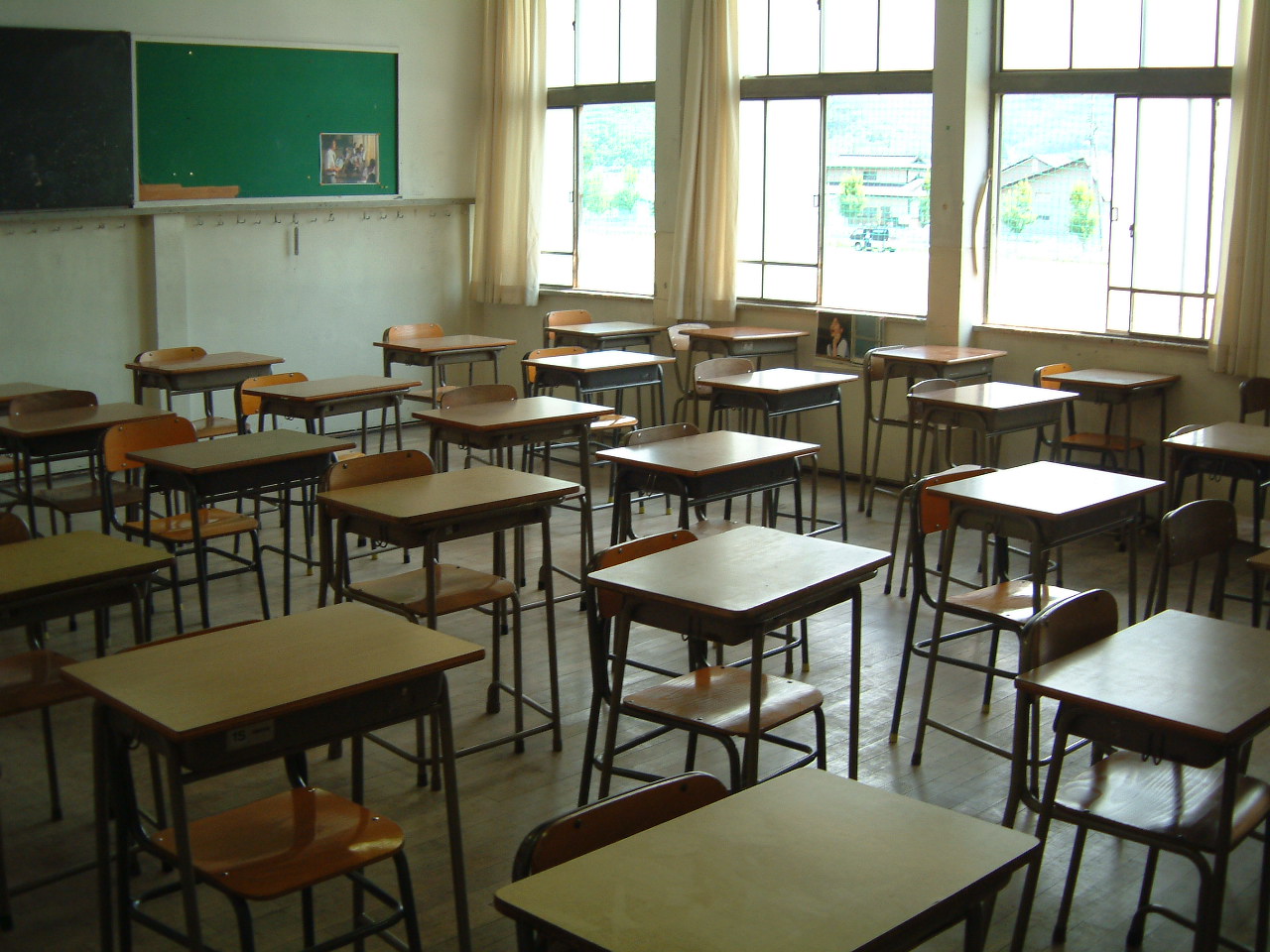Politician Introduces a One-Line Bill to Eliminate the Department of Education

By:
House Rep. Thomas Massie (R-Ky.) introduced a bill Tuesday that would eliminate the Department of Education.
 Wikimedia - wikimedia.org
Wikimedia - wikimedia.org
The bill, only a single sentence, reads, “The Department of Education shall terminate on December 31, 2018," according to a press release issued by Massie's office.
"Unelected bureaucrats in Washington, D.C. should not be in charge of our children’s intellectual and moral development," Massie said. "States and local communities are best positioned to shape curricula that meet the needs of their students. Schools should be accountable. Parents have the right to choose the most appropriate educational opportunity for their children, including home school, public school, or private school."
The statement from Massie's office included comments from several House Republican co-sponsors of the bill.
"Education of our students should lie primarily with parents, teachers, and state and local officials who know how to meet their individual needs best," Rep. Andy Biggs (R-Ariz.) said. "Since its inception, the Department of Education has grown into an unrecognizable federal beast, and its policies have helped foster Common Core across the country. It is time the one-size-fits-all approach by the federal government is ended and authority is returned to the local level."
Rep. Walter Jones (R-N.C.) added that “D.C. bureaucrats cannot begin to understand the needs of schools and its students on an individual basis. It is time that we get the feds out of the classroom, and terminate the Department of Education.”
Introduced the same day the Senate confirmed Education Secretary pick Betsy DeVos with a tie-breaker vote cast by Vice President Mike Pence, the bill highlights the controversy at the heart of DeVos's confirmation battle.
 Wikimedia Commons - wikimedia.org
Wikimedia Commons - wikimedia.org
- DeVos's support for school choice, charter schools, and voucher programs was blasted by Senate Democrats in confirmation hearings and an all-night filibuster held Monday. In short, Democratic opponents argue that vouchers and charter schools pave the way to the privatization of public education and threaten public education.
- Advocates of the charter system championed by DeVos — funding independently run schools with public money — claim it gives opportunities to students disadvantaged by the public school system. Critics like City Lab reporter George Joseph point to records of charter schools and research arguing they breed segregation. A 2010 UCLA study found that charter school students were significantly more segregated than those enrolled in local non-charter students. State studies in North Carolina, Pennsylvania, and Texas have suggested charter schools further entrench segregation in education access.
- The DeVos-supported voucher system directs funding to allow students to attend schools their families would not have access to otherwise. Critics argue vouchers misdirect funding that could be used to enhance the public education system.
- Gutting or further privatizing the DOE would restrict the federal government from holding schools accountable for issues like anti-LGBT discrimination and sexual assault investigations on college campuses, opponents argue. "There is a religious agenda behind voucher proposals," Katherine Stewart who authored "The Good News Club," a book on the influence of the religious right in schools, told CNN Tuesday. "There is a segment of the conservative evangelical world that sees public education as secular, and is therefore hostile to it."
